Moving to Barcelona? 10 Things to Know (Customs, Cost of Living, Language…)
Are you moving to Barcelona? In this post by Annebeth Vis (bio), you’ll learn ten things to know before relocating to Barcelona Spain. She covers local customs, cost of living, wages, language, paperwork, and much more.
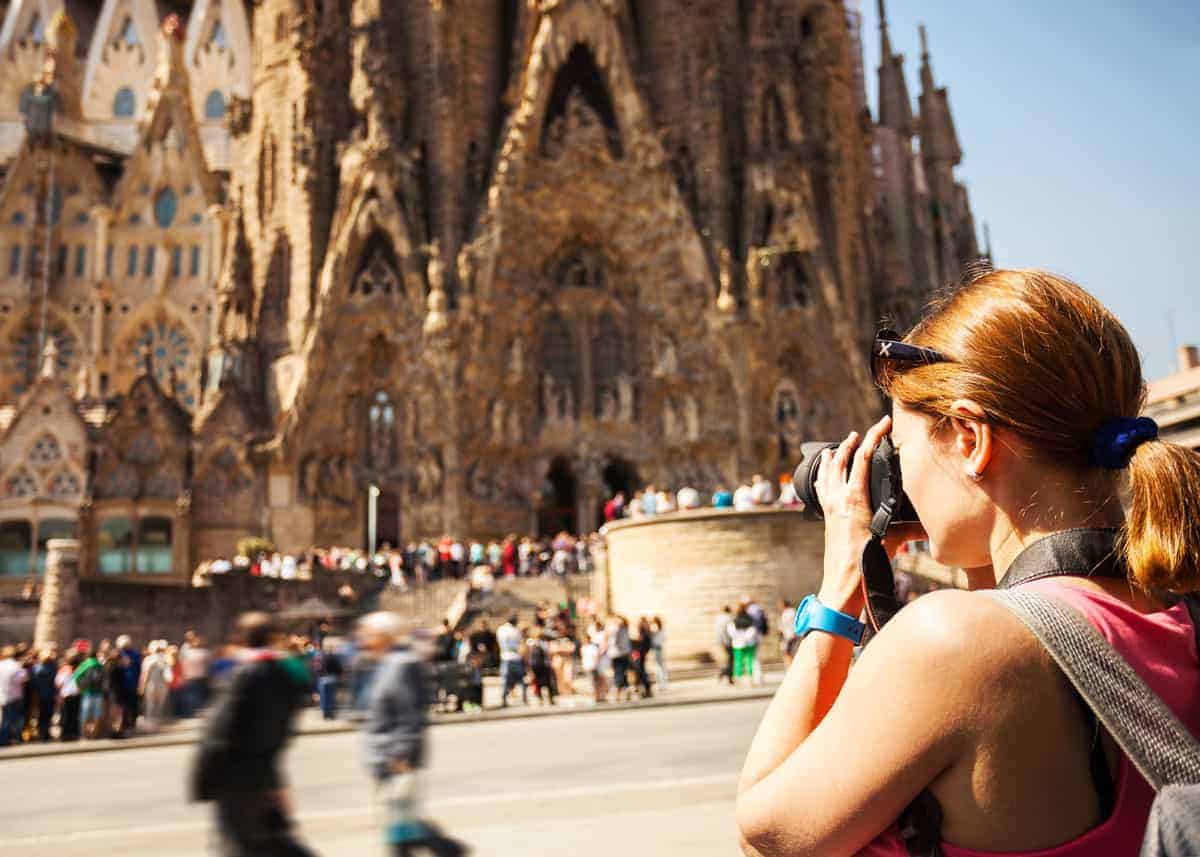
10 Things to Know Before Moving to Barcelona
Life in Barcelona is in many ways different than in other European countries or in the US. These are some aspects to take into account before you decide to pack your bags and move to this vibrant Spanish city.
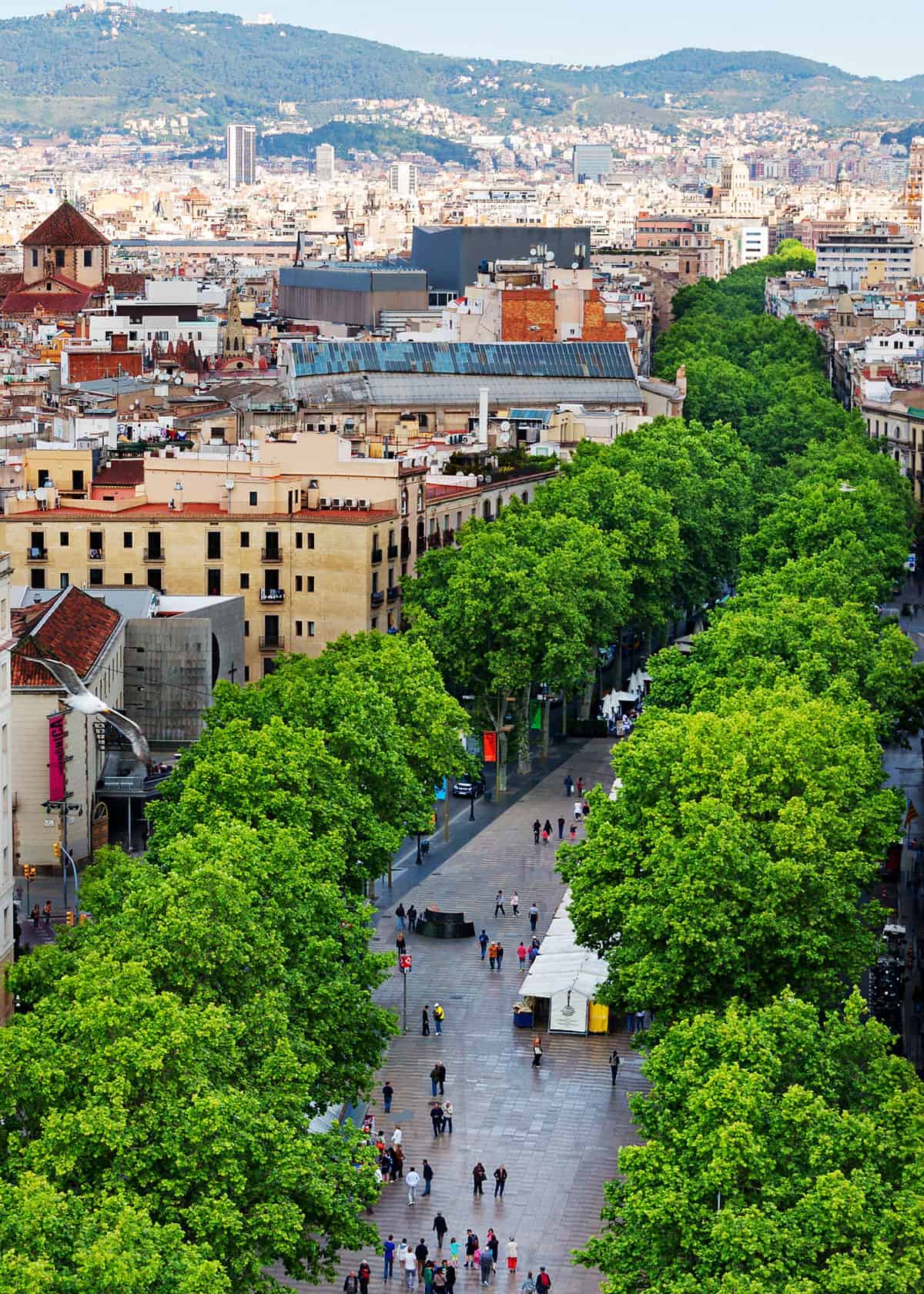
How’s your photography? Get up to speed with our free DSLR Basics for Travel Photography course – 13 lessons.
1. The official language in Barcelona
Learning Spanish has many advantages, but Spanish or ‘Castellano’ is not the only official language in Barcelona. Actually, it is the second most important official language: Catalan comes first.
In general, all locals in Barcelona speak Spanish but depending on their personal situation they may or may not have grown up speaking Catalan at home. Some don’t use Spanish ever and there are Catalans who simply refuse to speak the Spanish language, although this is commonly not the case in Barcelona.
Catalan is the official language at school, within the Catalan institutions and for communications in public (road signs, signboards in shops etc.). However, you’ll pick up a bit of Catalan easily once you speak Spanish and in general, in Barcelona you can get by speaking or learning the Spanish.
2. It’s crowded!
Barcelona is incredibly popular amongst tourists. The beauty of the city combined with the relaxed local lifestyle and the fact that Barcelona has a beach just a 15-minute walk away from the central Ramblas, makes the city a popular destination.
Although Barcelona is not a very large city (1.6 million inhabitants), especially the center, the beaches in summer and the areas with popular highlights outside the center, are packed with people most of the year.
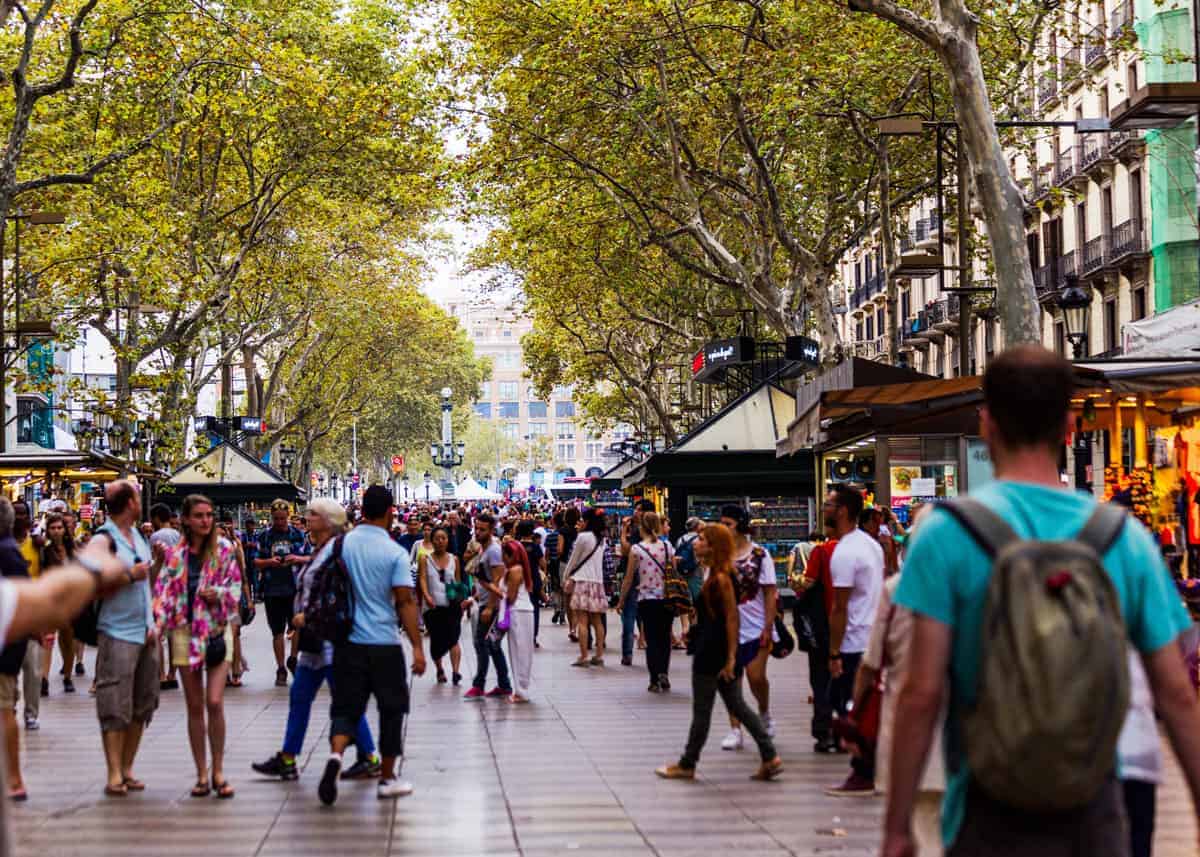
Living in the old, medieval town or next to the fantastic Sagrada Familia may sound romantic, but you definitely should ask yourself if you’re willing to deal with thousands and thousands of people passing your front door each day.
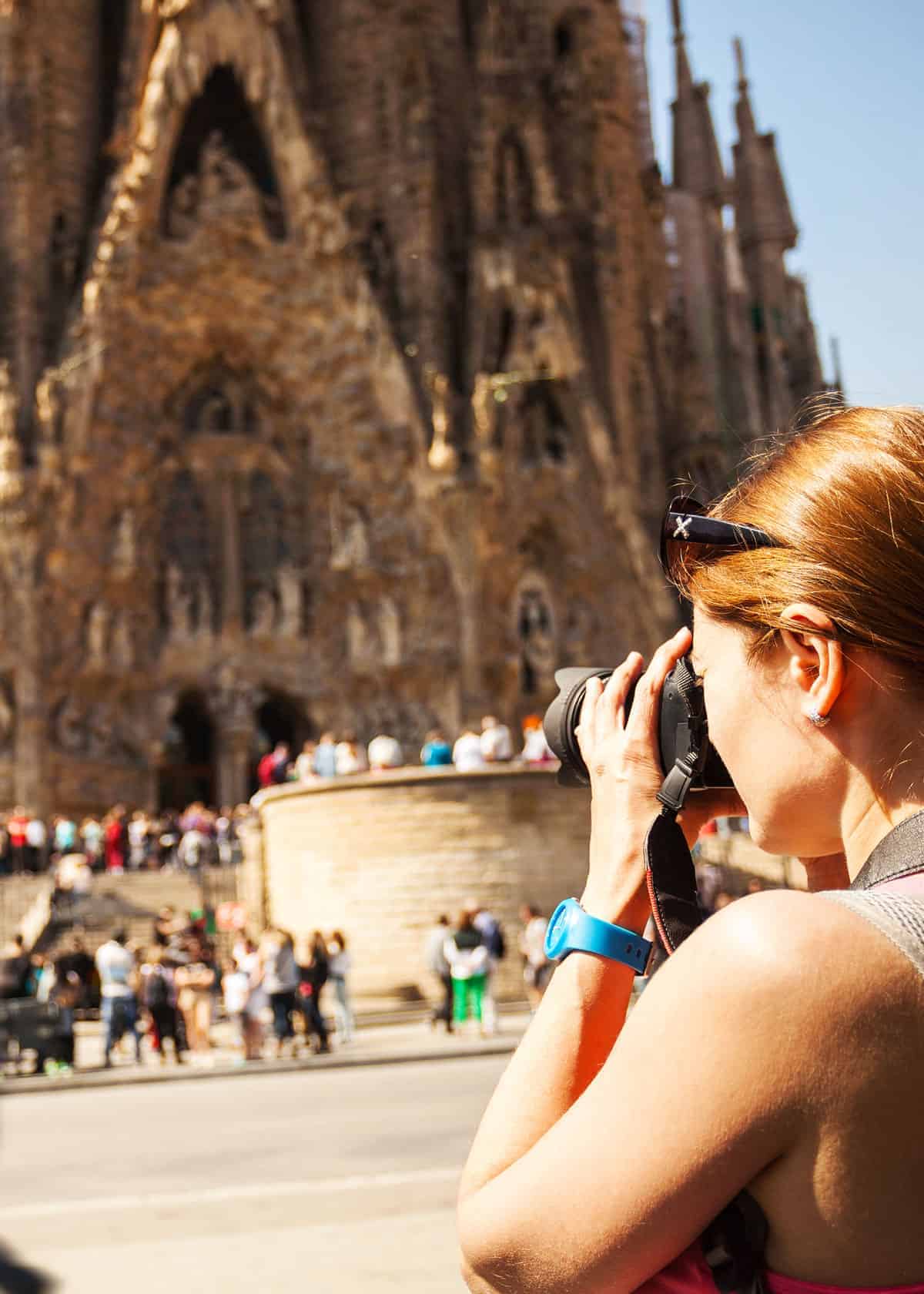
Learn more about Spain: 77 Facts About Spain
3. Costs of living in Barcelona
The costs of living in Barcelona highly depend on your own wishes and lifestyle.
Depending on the area you can rent a 2-bedroom flat from approximately €600 and prices go up to approx. €2300 for a luxury, furnished apartment. Normally electricity, water, gas and Wifi are not included in the price.
Public transport is not expensive. You’ll pay about €140-150 for a 3-month ticket for metro, bus or train within the metropolitan area. The public bicycle system Bicing costs about €48 per year.
The public health system is free, but you may want to contract an additional health insurance. This costs about €50-€100.
Grocery shopping is not too expensive and eating out doesn’t have to cost a lot either, in many restaurants you can have a good meal (a la carte) for about €20-25 or even less.
Barcelona offers a lot of free cultural activities, but once again, you can spend as much as you want. Joining one of the public gyms costs about €43, if you prefer a private one, you may pay up to €90, but running along the coast is free.
4. Social life in Barcelona, Spain
Social life is very important to most Spaniards, but in a big city like Barcelona, it’s common not to know your neighbors.
Also keep in mind when making friends, that they probably won’t invite you to their homes. Locals go out for dinner, have a coffee together, meet each other in a bar, but hardly visit friends at home.
So don’t feel disappointed if you don’t get any dinner at home invitations, this is simply not part of their culture. Also birthday parties, both for adults and children, normally are celebrated outside, for example in a restaurant or a park. Of course, there are exceptions.
Here’s how to order coffee in Spanish.
5. Paperwork
If you’re planning to live more than 90 days in Spain, you should get your paperwork done. The same counts for those who want to work in Spain or buy a house.
The most important thing you need is a NIE (Número de Identificación de Extranjero), and those who tried to get one in these last years, know it’s not an easy process. In fact, it may be better to request your NIE before arrival, through the Spanish embassy in your home country.
You will need a NIE in order to be able to work legally, to open a bank account and a series of other things. If you’re moving to Spain with an employment contract normally your company will take care of this.
If you want to request a NIE after arrival in Barcelona, you will normally be asked to show you found a job (f.e. a letter from the company contracting you) or proof that you are studying at a local university. We have also heard stories of people who had to have a certain amount of money in their bank account.
Apart from your NIE you will need a social security number, for example, to receive social healthcare or apply for other benefits, but also in order to get a job. This number is much easier to get.
Another thing you need is your empadronamiento, or civil registration. This gives you access to public healthcare and education. It’s quite easy to get your registration done, normally you need to show your rental contract and identification.
If you rent a room you can ask the main tenant who signed the contract, to help you get your civil registration.
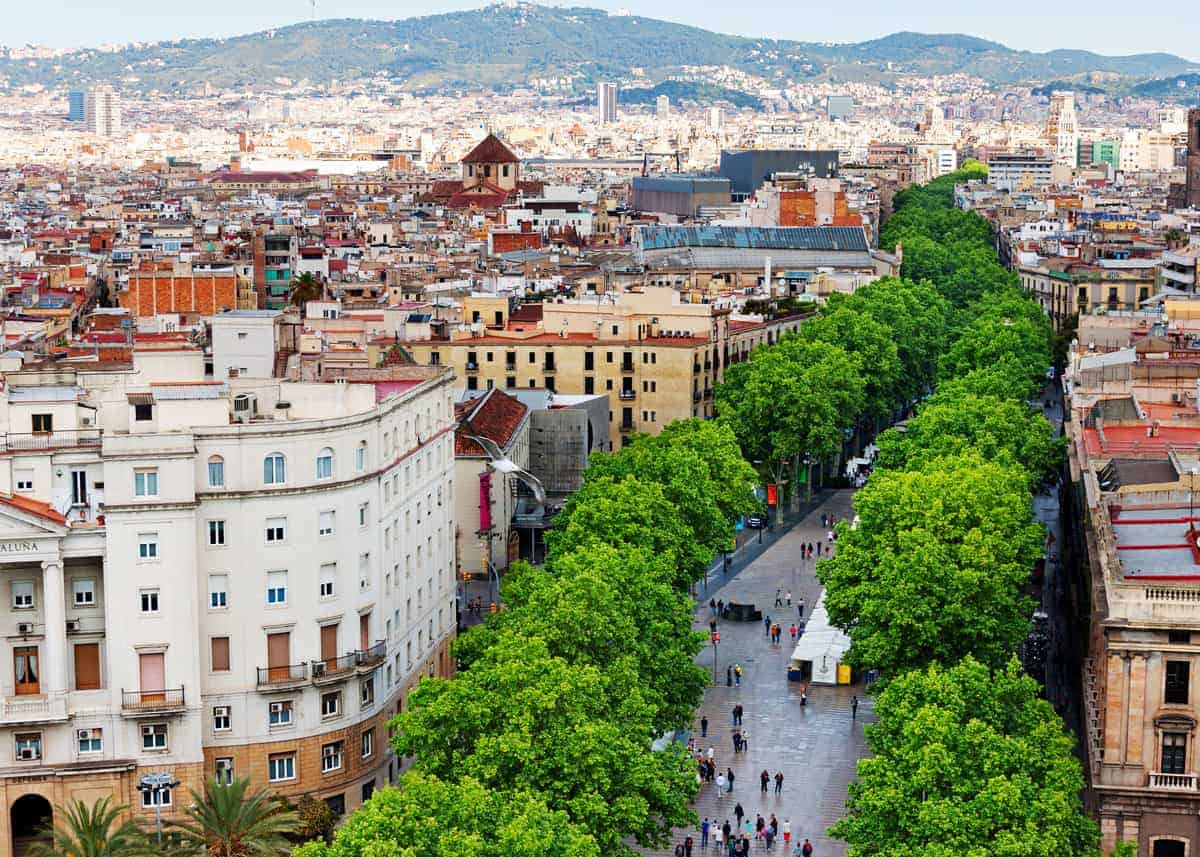
6. Daily Schedule
Spain’s traditional schedule is different from those of most other countries. You probably heard about Spanish families having dinner at 10 pm and we can only confirm that this cliché is true.
In general Spanish have late breakfasts, late lunches (between 1pm and 3pm, although some even later) and late dinners (from 9pm). The most important meal of the day is lunch, or ‘comida’, and it’s very common to go out for a very reasonably priced 3-course menu for lunch.
Also, work schedules are different and generally speaking anything between 8am and 8pm is normal. Often workers enjoy a long break (one or even two hours) to have lunch. Some people work in ‘horario partido’, literally ‘broken schedule’. They start around 9 or 10am, are off between 2 and 5pm and than work again until 8pm.
7. Wages in Barcelona
Overall wages are not very high in Barcelona, nor the rest of Spain. In 2017, the average inhabitant earned €29,176 per year, before taxes.
The minimum wage in Spain is about €850 per month, although the city council in Barcelona would like to introduce a minimum of €1000 for the city and the rest of the metropolitan area (including suburbs) since the costs of living are amongst the highest in Spain.
8. ‘Catalonia is not Spain’
Barcelona is the capital of the Spanish northern eastern region Catalonia and many Catalonians consider their region to be a country and simply deny the fact that Catalonia is part of Spain. Nationalism is deeply rooted within Catalan society and it’s recommendable to be careful with what you say and to whom.
Do not discuss the right to an independent state with an ‘independentista’, but also be careful to defend the nationalistic point of view when talking to locals who want the region to continue being part of Spain. In Barcelona, it is estimated that more than 50 percent of the inhabitants are against independence.
9. No shopping on Sundays
In Barcelona, on Sunday most shops and supermarkets are closed, except for some in the more touristic areas. Make sure you do your weekly grocery shopping on Saturday.
Smaller shops in the more residential areas often close Saturday afternoons as well. The locals spend Saturday and Sunday afternoons (eating and drinking) with family and friends.
10. Last but not least: Barca is not Barcelona!
A classic: foreigners use ‘Barça’ when talking about Barcelona and in writing they also use ‘Barca’. But using either one of them is WRONG and reveals to any local you don’t really know anything about Barcelona. ‘Barça’ is short for FC Barcelona, the famous football club, and ‘barca’ simply means ‘boat’.
So what should you use? Inhabitants call their city ‘Barna’.
Author Bio
Annebeth Vis is a Dutch journalist, historian and travel guide author, as well as a private tour guide based in Barcelona. She is passionate about the city and wrote numerous articles and books on Barcelona, the region Catalonia and Spain in general, for newspapers, magazines, and editorials in the Netherlands.
Annebeth has been living in the center of this vibrant metropolis since 2002 and she is co-owner of El Ciclo, an exclusive bicycle rental & art shop in the gothic quarter. She shares her personal tips on ThingtodoinBarcelona.com.
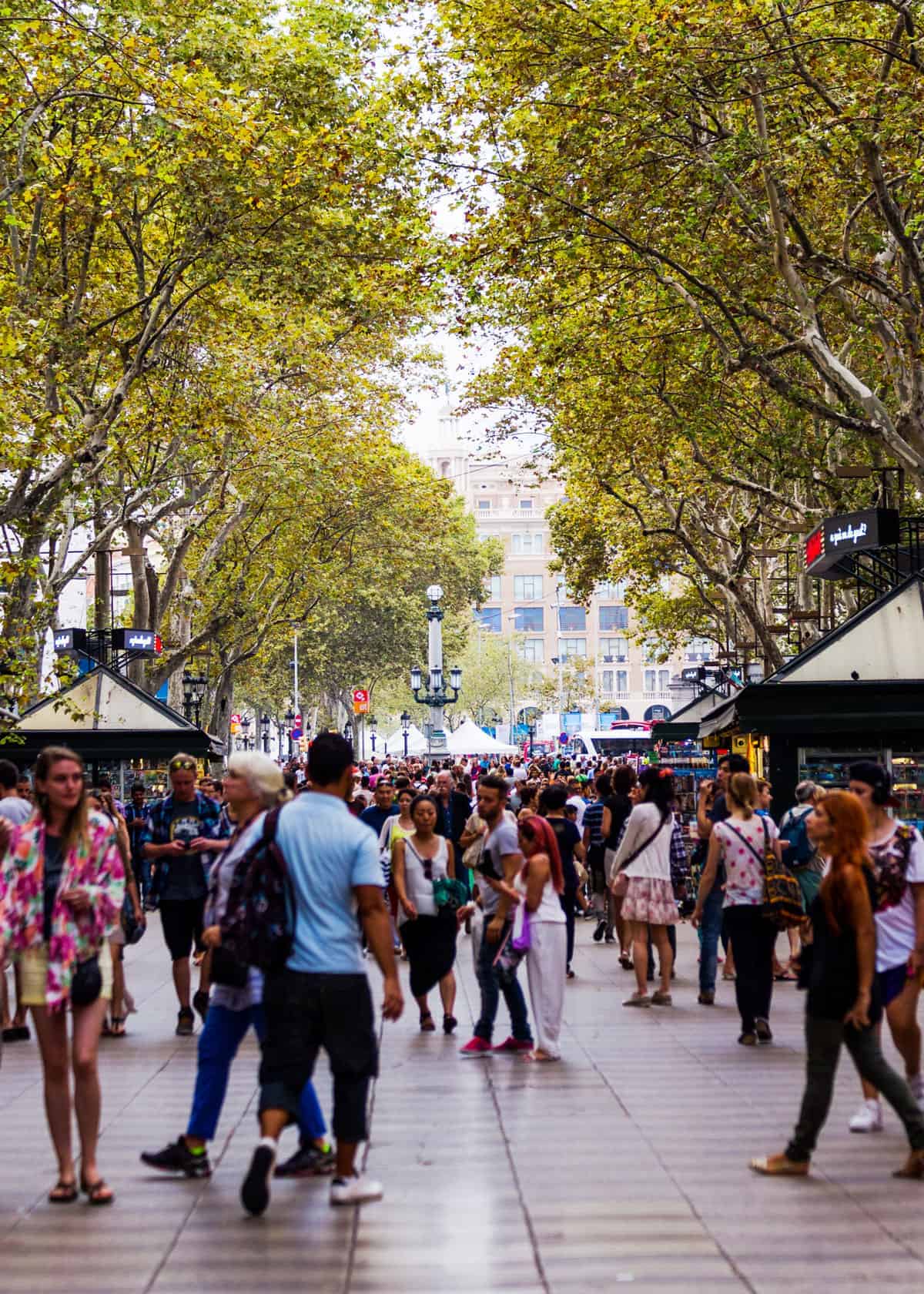
Your Turn
Have a question about life in Barcelona? Join Annebeth in the comments below!

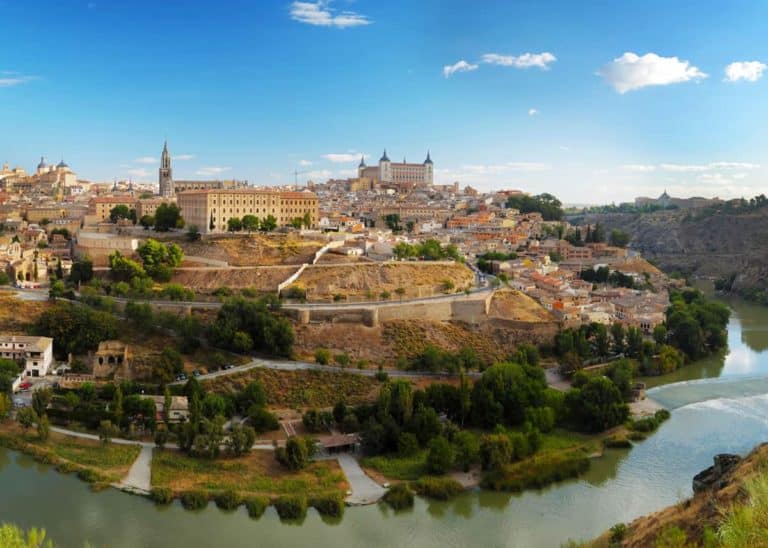

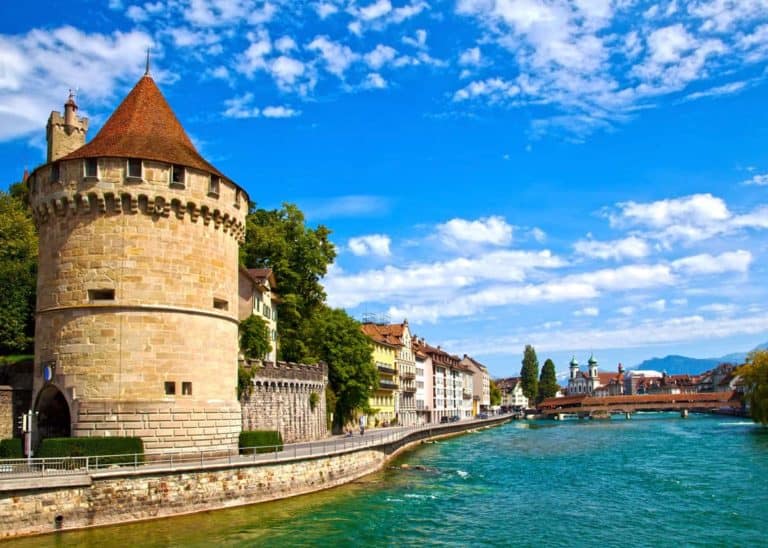



Thank you for your insight! I really would like to visit/live in Barcelona and love to study places before I visit to get the most out of my experience. This article was especially helpful!